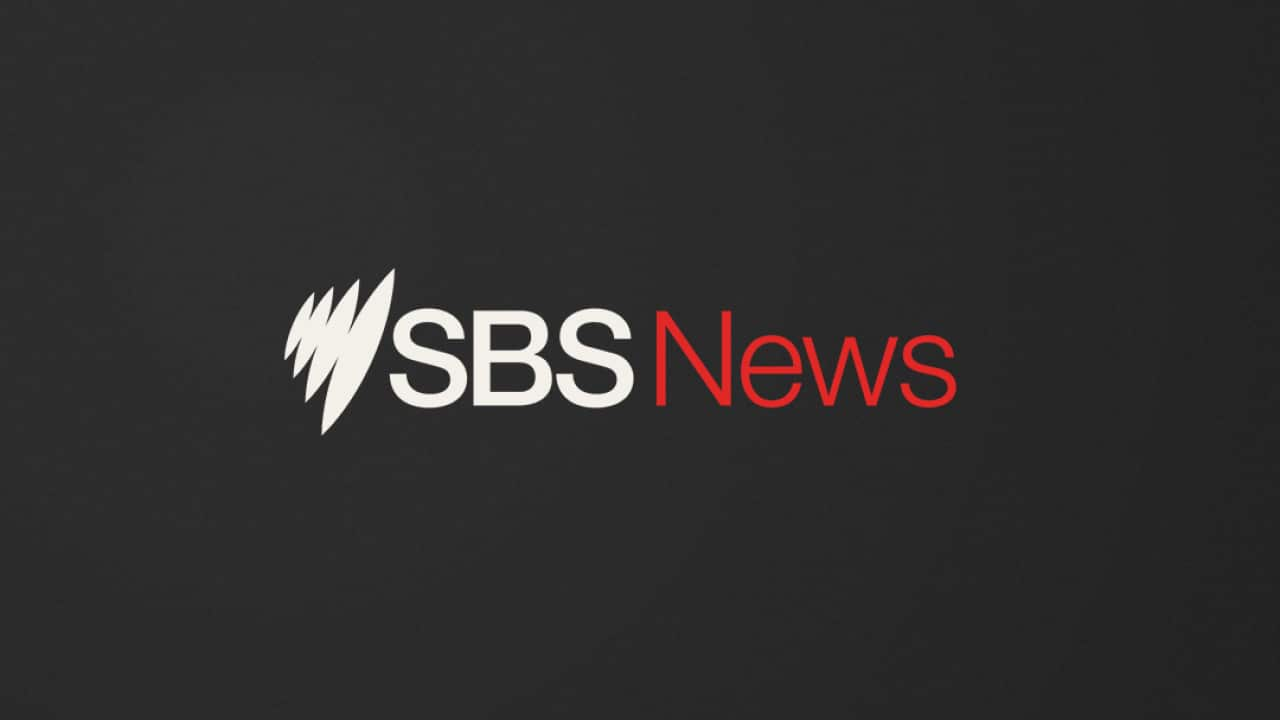This is SBS News in Easy English. I'm Hannah Kwon.
National Cabinet will be meeting virtually on Friday.
Prime Minister Anthony Albanese tested positive to Covid-19 yesterday, which delayed initial plans for state and territory leaders to meet on Wednesday.
The energy price crisis will be the National Cabinet's key focus at Friday's virtual meeting.
The Australian Government is investing $334 million in the future of First Nations children.
The investment aims to give more than 550 early years and education activities to 100,000 children and students.
New research shows that migrant and refugee women are unable to achieve their economic potential in Australia despite having high levels of skilled work and education.
The University of Canberra's 'Untapped Potential' report, commissioned by Settlement Services International, found that migrant and refugee women born in low and middle-income countries are are on average better educated than Australian-born women.
Despite this, these women are most likely to be underemployed and wanting to work full-time, usually due to unrecognised qualifications.
The Head of Research and Policy at Settlement Services International, Tadgh [[Tie-gh]] McMahon, says that this community could offer a much-needed boost to skill shortages in Australia's economy.
"In a labour market environment that we're currently in where there are skills shortages and labour shortages in just virtualy every industry across the board. And, strikingly for example, 95 per cent of refugee women wanted to work more hours. That's not the narrative that we often hear around refugees or around refugee women."
And in sport,
For the first time in sixty years, female boxers in Cuba will be allowed to compete.
Female boxers have not been allowed to compete for decades, and until now have been forced to move countries to reach the top of their sport.
Cuba's recently approved family code, a set of regulations aimed at stopping discrimination against women and the LGBTIQ+ community, provided the legal underpinnings for the move.
Cuban boxer Legnis Cala says she's happy with the news.
"I have always trained thinking about the possibility that they could make it official, that it could be approved and that women would be allowed to box. But as time passed, the flame of wanting to train and my impetus started to flicker out. Now I’m very happy with this news because I would like to win a medal. Firstly I want to win here and to be recognised inside my country, then if it could happen internationally as well, it would be even better."
You've been listening to SBS News in Easy English. I'm Hannah Kwon.

